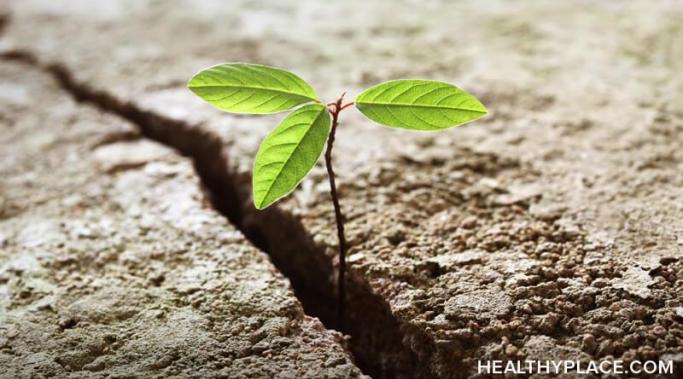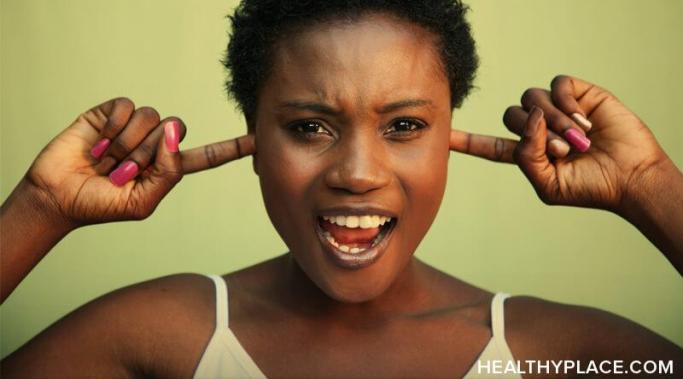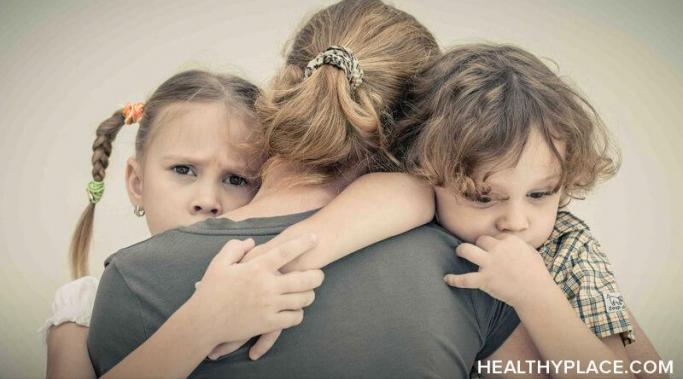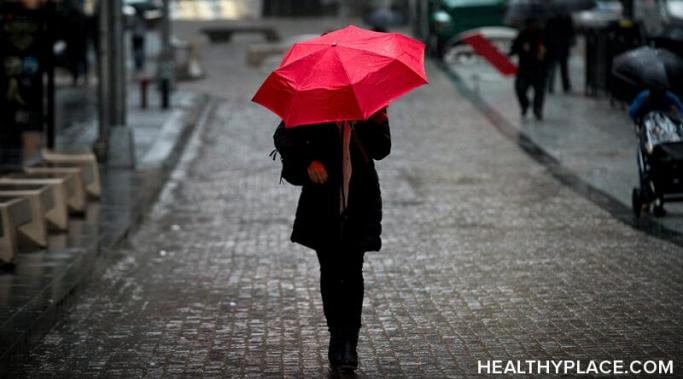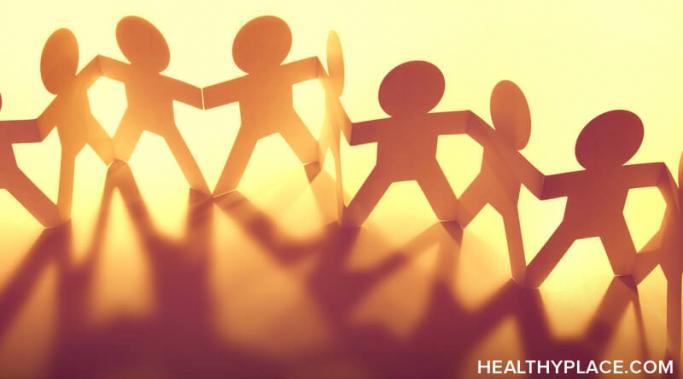I have been taking a poetry class at a nearby university -- one I attended when I was struggling in early recovery. In returning this fall I've had to face fears and past failures.
Recovering from Mental Illness
Is it possible to be grateful for mental illness? Some days, I hate having mental health issues and would do almost anything to make them go away forever. But other days, on my better recovery days, I'm almost grateful for my mental illness. It feels weird to be grateful for something that makes me so miserable so often, but at the same time, I think it's the natural result of living with a chronic condition. After all, the reality is that I can't make my mental illness go away, so I might as well find some silver linings.
People might think I have my life together, and for the most part, I do. But even after years of recovery, I still struggle. My struggles and how I react to them are different now from when I was first diagnosed, but some days it is painfully clear that recovery is a lifelong battle.
It might sound simple, but knowing how to process emotions instead of reacting to them has been a huge part of my mental health recovery journey. My automatic instinct when I feel any emotion is to react to it with another emotion. Then I react to that emotion, and the cycle continues until I have gotten myself truly worked up and the original emotion has been buried beneath layers of confusion and shame. Clearly this isn't the healthiest method for dealing with emotions. Through therapy and journaling, I'm learning to process my emotions instead of reacting to them.
What is the aftermath of toxic relationships? In general, I am a positive person who can see the good in people, but I recently went through a tough situation with a person that left me questioning how I cope with stress and handle social interactions. This person is no longer around me but this situation has had a big impact on my life. I want to share the things that I've learned.
My daughter is only three years old, but I already worry that she might experience some of the same mental health issues I did growing up. There are some signs I want to look for.
It's that time of year where we all try and remember the importance of gratitude, so I want to take a moment to reflect on why I'm so grateful for the recovery progress I've made in the last year. Recovery is never a linear process, which means I've had my share of backslides, but I've also taken several important steps forward, and that should be celebrated.
I fake normalcy because having a mental illness is isolating and makes me feel different. Facing the outside world can be difficult. Here are five coping methods (positive and negative) I noticed I do when I leave the house that help me fake normalcy.
It might seem pessimistic to plan on having postpartum depression, but if it's something you're nervous about, it's best to be prepared with a postpartum depression support plan.
Halloween mental health stigma can be especially harmful and offensive. For some reason, many people still believe "asylum" themes are appropriate for their haunted houses and costumes like "escaped mental patient" are fun because they get to wear a straightjacket. I believe stigmatizing mental illness in your Halloween celebration only serves to ostracize and insult an already vulnerable group of people, and it is time for it to end.

